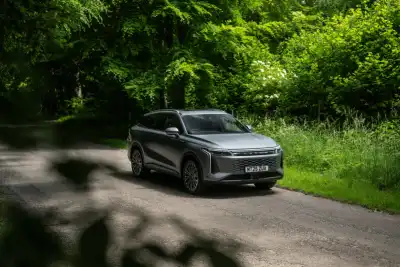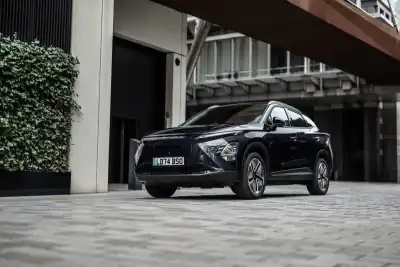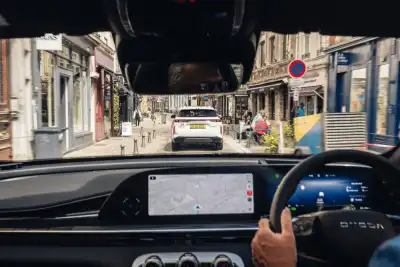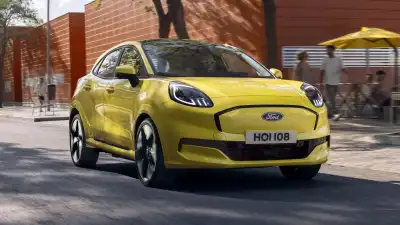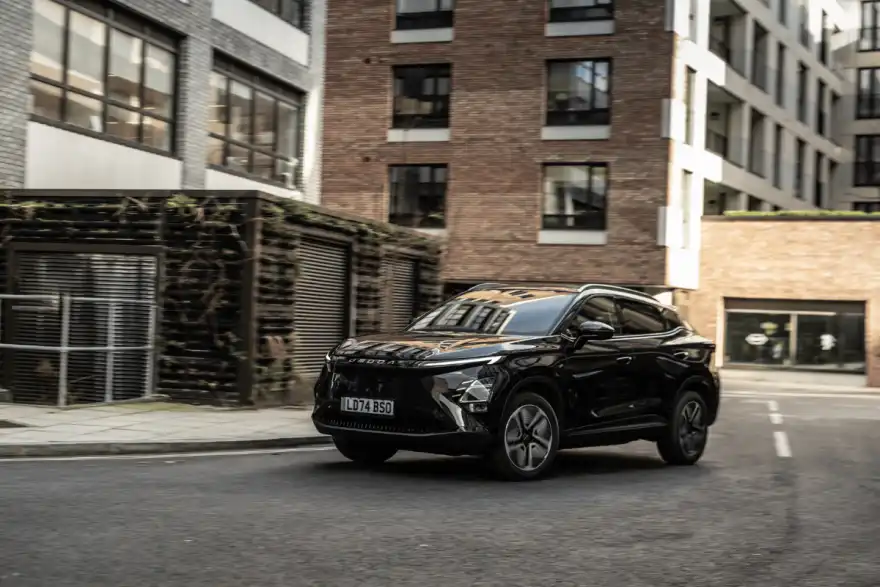
One of the first questions most drivers ask when considering an electric vehicle is, “how long will it take me to charge it?” The answer is not as simple as filling a tank of petrol, but once you understand the variables, it becomes much easier to plan your journeys and day-to-day charging.
The Factors That Affect Charging Time
Charging times vary depending on three key factors:
- Battery size: The larger the battery capacity (measured in kWh), the longer it takes to fill from empty.
- Charger speed: The power output of the charger, measured in kW, is crucial. The higher the number, the faster the charge.
- Starting point: Topping up from 40 to 80% is much quicker than charging from 0 to 100%, as the final part of charging slows down to protect the battery.
Charging at Home
Most UK drivers will do the bulk of their charging at home. A standard 7kW wallbox, which is the most common domestic unit, will typically give a full charge overnight in 6 to 12 hours.
That means you can plug in when you get home from work and wake up to a fully charged car every morning.
For those unable to install a home charger, a regular three-pin plug is an option, though much slower. Expect 12 to 30 hours for a full charge using this method. It is best suited for occasional top-ups rather than daily use.
Public Charging on the Go
When out and about, charging time depends on the type of charger you use:
- Fast chargers (7kW to 22kW): Found at supermarkets, workplaces and car parks. A full charge can take 4 to 6 hours, though many drivers use them to top up while shopping or at the office.
- Rapid chargers (50kW to 150kW): Typically located on motorways and A-roads. These can take a car from 20 to 80% in 30 to 60 minutes. Perfect for a lunch stop on longer journeys.
- Ultra-rapid chargers (150kW to 350kW): Becoming more common at service stations. In the right car, these can add 200 miles of range in as little as 15 minutes.
It’s important to remember that not every car can take advantage of the very fastest chargers. Each model has a maximum charging rate, so pairing your car with the right charger is key.
Real-World Example: OMODA
Take the new OMODA range as an example. The OMODA E5 delivers a usable range of up to 257. At home, a 7kW charger will take around 8 hours to recharge from empty. Plugging into an 80kW rapid charger on the road cuts that time dramatically, with 20 to 80% delivered in about 45 minutes.
For the plug-in hybrid OMODA 9, the electric-only range is around 93 miles, which makes home charging even more straightforward. It can be recharged in about 5 hours overnight, or given a quick top-up in under an hour using a rapid charger.
Making Charging Work for You
The key is not to think of charging like a petrol station visit. Instead, it is more about fitting it around your lifestyle. Charging at home overnight or at work during the day means you rarely need to arrive at a public charger on empty. Rapid chargers then become a convenient back-up for long trips.
The UK charging network continues to grow at pace, with more than 82,000 connectors now available nationwide. Many of these are rapid or ultra-rapid, giving drivers more confidence than ever before.
The Bottom Line
Charging an electric car is easier than many expect. Overnight charging at home covers daily driving needs, while rapid and ultra-rapid public chargers make long journeys straightforward. With smart planning, charging becomes second nature and, for many, more convenient than traditional refuelling.

